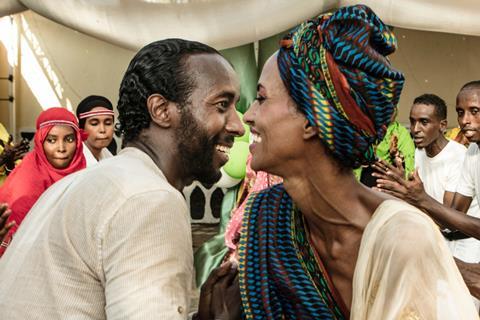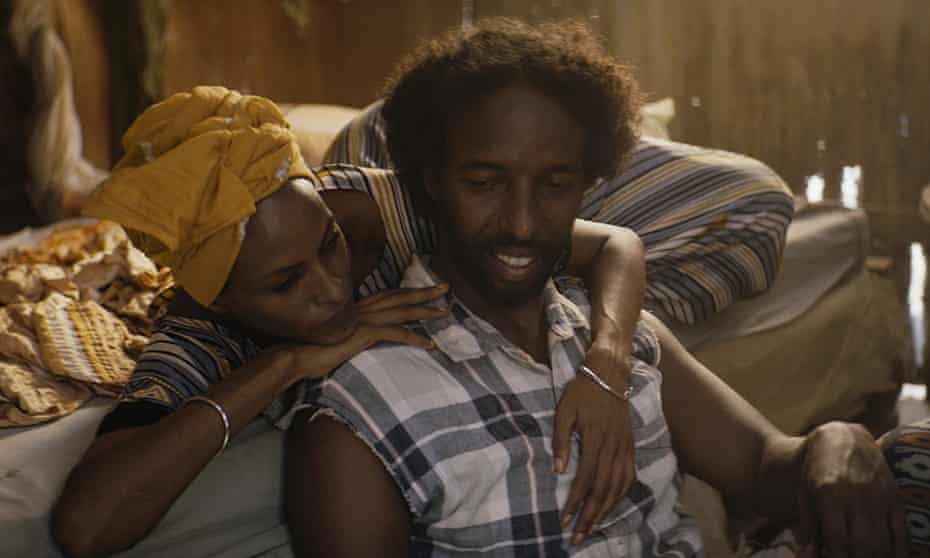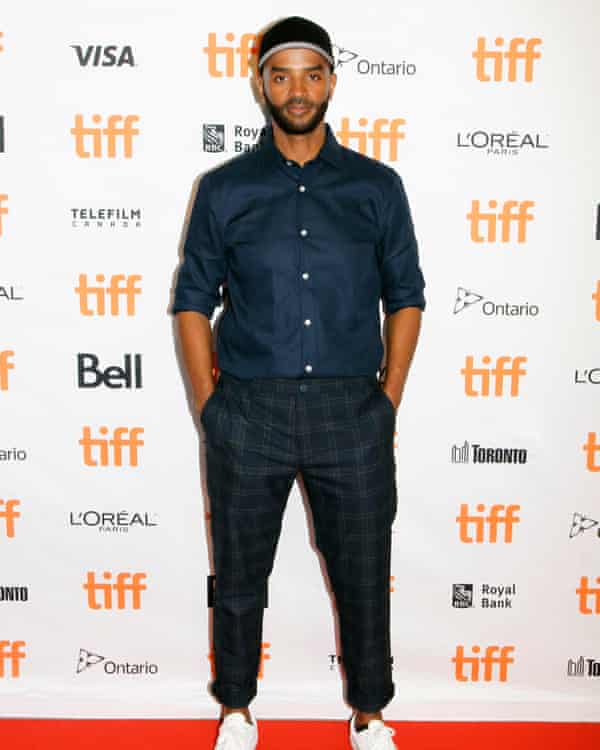Somalia selects ‘The Gravedigger’s Wife’ as first ever Oscar submission

Finnish-Somali filmmaker Khadar Ayderus Ahmed’s The Gravedigger’s Wife, which world premiered in Cannes Critics’ Week in July, has been selected as Somalia’s first-ever Oscar submission for the 2022 Academy Awards.
Set in Djibouti City in the Horn of Africa, the drama stars Finnish-Somali actor Omar Abdi as a gravedigger on a quest to raise the money for the kidney transplant desperately needed by his beloved wife, played by Canadian-Somali model and actress Yasmin Warsame.
The film’s selection for consideration in the best international film category follows the creation of Somalia’s first-ever Oscar selection committee by the ministry of culture and tourism.
It consisted of six figures from the country’s cultural and entertainment sector: singer-songwriter Hassan-Nour Sayid, filmmaker Hoda Mohamed Ali, musician, playwright and filmmaker Hamda Abdillahi (who also goes under the stage name of Xamda Yar), film producer Mohamed Abdalla Ahmed, hip-hop artist Abdul Abdullahi and playwright, musician and filmmaker Abdikadir Al-Khaliji.
Having world premiered in Cannes, The Gravedigger’s Wife went on to screen in Toronto’s Contemporary World Cinema line-up, winning the Amplify Voices award, aimed at filmmakers from under-represented communities. It plays in the London Film Festival’s Love section next week and then heads to Chicago (October 13 to 24) for its US premiere as well as the Panafrican Film and Television Festival of Ouagadougou (Fespaco), running October 16 to 23, for its African premiere.


